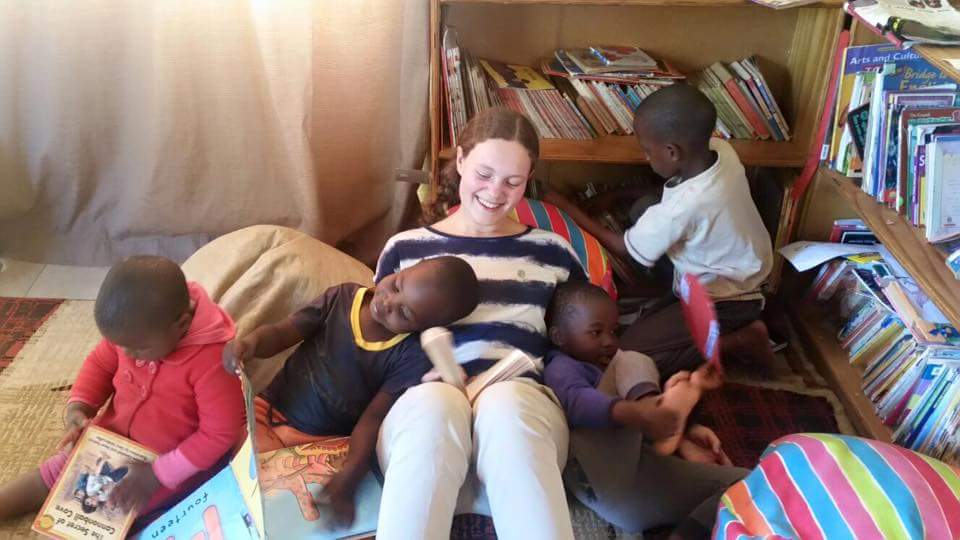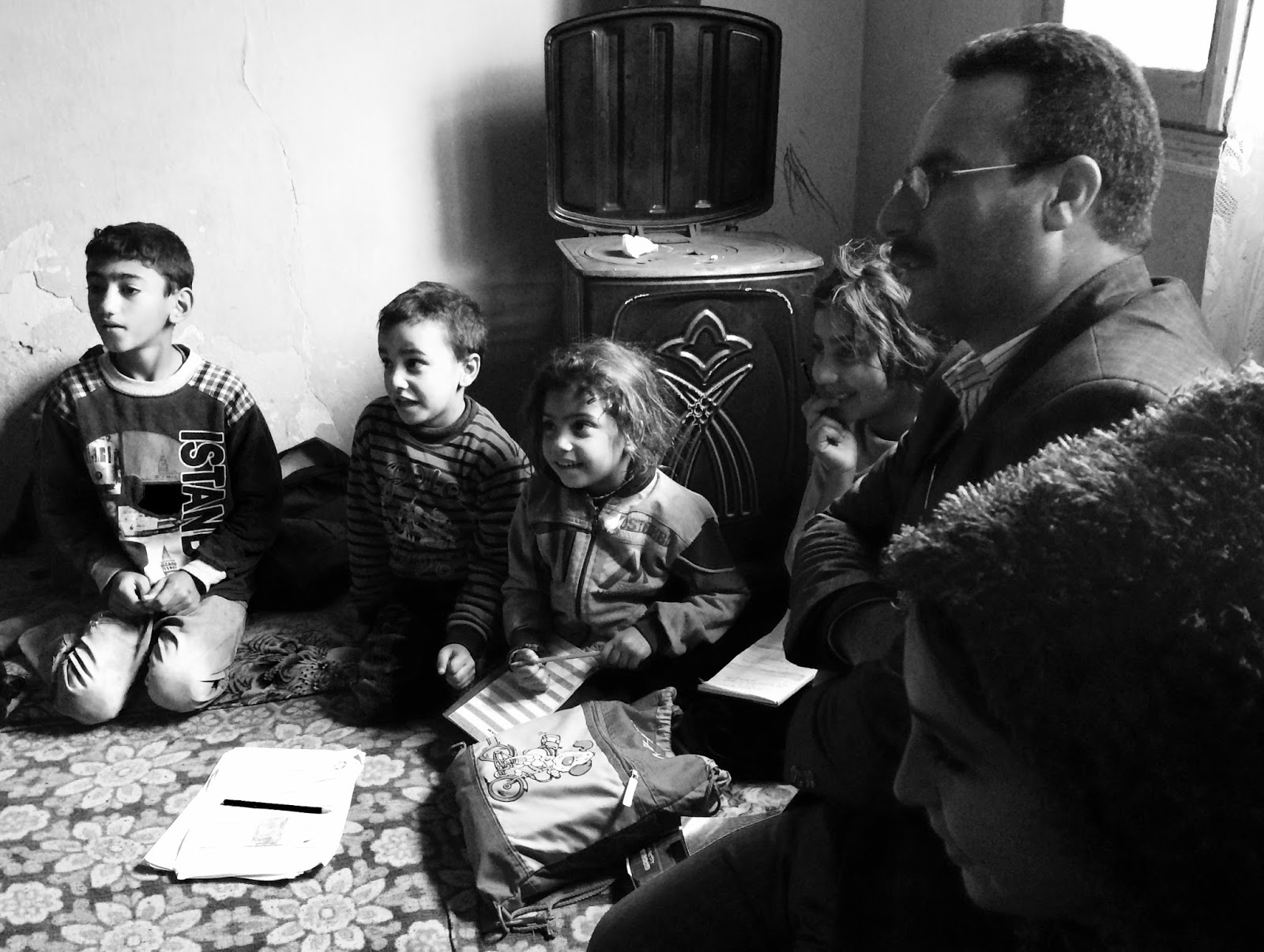Zoe Education Trust – education to break free of the cycle of poverty
 By Denise Nanni and Milena Rampoldi, ProMosaik.
By Denise Nanni and Milena Rampoldi, ProMosaik.The next organization we would like to introduce to you today is the Zoe Education Trust, where we talked to Emily
Hogge and Tanya Murphy. The Zoë Education Trust aims to give children living in
poverty the chance
of a brighter future through education.
To give children living in poverty the chance to a brighter future through
education by providing for their educational and holistic needs. We develop
personal relationships with each child creating a support package that provides
them with the best possible chance to thrive in their individual learning
environment. We also work to support their families to support the children to
achieve their potential. We match each child with a sponsor who provides a
support network outside the community through letters, emails and gifts.
Details can be found at www.zoetrust.org
How do you select the communities to intervene?
We started work in Ingwavuma and Cape Town because we had one experience and
knowledgable person in each of these two places with whom we have a long
standing personal connection. This enabled us to work at the grassroots level
and to maintain close monitoring links with our children. We have recently
expanded taking on children at a new school in KwazuluNatal and a Syrian
refugee project in Turkey. Before these expansions, a trustee visited the
projects to form links and develop protocol.

Can you tell me more about the Refugee Homeschool Education Fund? How do
you pilot the projects proceeding and how can people get involved and help? Do
you cooperate with local public institutions?
Nearly half of Syrian refugee children, ¾ million, are out of school in their
three main host countries, Turkey, Lebanon and Jordan. While there are huge
international efforts to lower this number, the process is a long one and
and in the meantime, hundreds of thousands of children are losing years of
learning, and small children are losing the chance – forever – to learn in
those formative early years.
At the Zoe Trust, our question is: how can we support those refugee children
currently out of school to commence or continue their learning? While awaiting
a school place, can they nonetheless learn informally? Specifically, could
a little homeschooling help? To address this question, we have been conducting
small pilots in and around Izmir, Turkey experimenting with
homeschooling and pop-up classrooms. We work with local grassroots
organisations, independently of local public institutions.
The results so far have been encouraging. Predictably, different types of
support are appropriate for different situations. We have found that with
support and the provision of quality educational materials, homeschooling
works miracles for refugee children of educated parents, especially those with
a teaching background. Gratifyingly the project also works well with less
educated families; in this case we found the most effective system to be
pop-up informal classrooms, where a teacher supports children communally for a
couple of hours a day.
Over the next few months, we intend to conduct new pilots in a wider variety of
settings and explore different types of support to help children learn who
don’t have access to mainstream education.
We have created the Refugee Education Fund to explore innovative ways to enable
refugee children, especially those out of school, to commence or continue their
education with home-based informal schooling. We are exploring ways for
children to learn at home, however minimally, with parents or neighbours or in
small temporary group classes. Please get in touch if you are interested
in getting involved.

How important is education in nowadays society according to your
experience?
Through education children can break free of the cycle of poverty that has come
before them. Education allows children to develop independence, self
discipline, respect, courage and resilience. It is through education that children realise
there is more to life than what they have and that they can have more and can
be more. Education therefore allows children to become independent, resilient
and respectful adults who can strive to better themselves and the world around
them.


